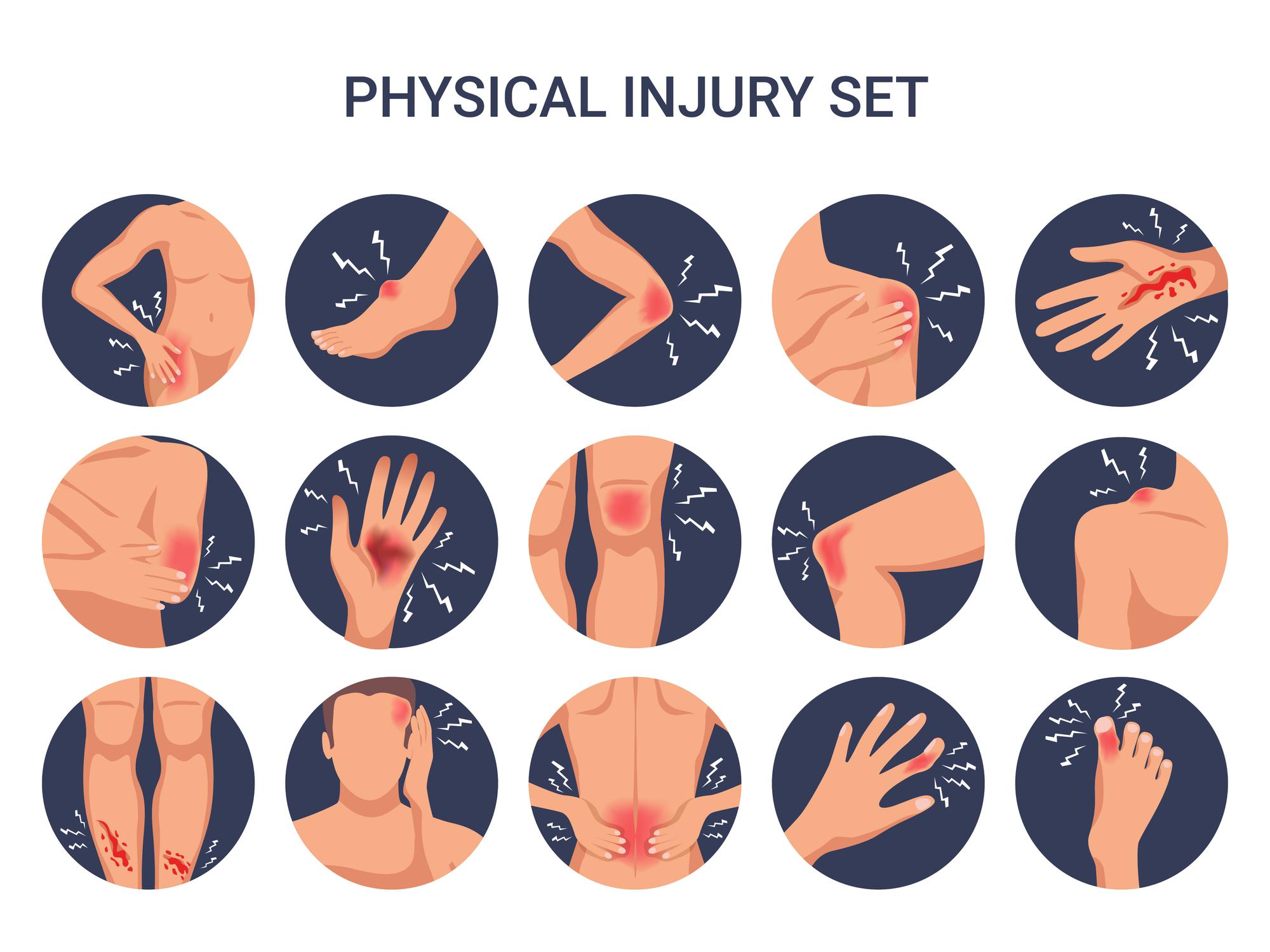Are CBD Roll-Ons Effective for All Types of Pain?
Cannabidiol (CBD) is a compound derived from the cannabis plant that has gained significant popularity in recent years due to its potential therapeutic benefits. One of the most convenient forms of CBD products is the roll-on, a topical solution designed to be applied directly to the skin. The roll-on format allows for localized application, and many users turn to these products in search of relief from various types of pain, including chronic pain, muscle soreness, and joint discomfort. However, the question arises: Are CBD roll-ons effective for all types of pain? This essay explores the effectiveness of CBD roll-ons in managing pain and examines the scientific evidence, practical applications, and limitations of these products.
Understanding CBD Roll-Ons
CBD roll on for pain are typically infused with CBD and other natural ingredients, such as menthol, essential oils, or arnica. They are designed for topical use, meaning the CBD is absorbed through the skin rather than being ingested. The roll-on applicator ensures precise and easy application, particularly on targeted areas like the back, knees, wrists, or other areas affected by pain or inflammation. These products are often marketed as pain relievers, anti-inflammatory agents, and muscle relaxants.
How CBD Affects Pain
CBD interacts with the body’s endocannabinoid system (ECS), which plays a crucial role in regulating various physiological processes, including pain perception, mood, and inflammation. The ECS consists of receptors found throughout the body, including the CB1 and CB2 receptors. CBD binds to these receptors, particularly the CB2 receptors, which are primarily found in the immune system and are involved in modulating inflammation and immune responses. By interacting with these receptors, CBD may help reduce inflammation, alleviate pain, and promote a sense of well-being.
CBD is also thought to have analgesic (pain-relieving) properties due to its ability to modulate the body’s pain receptors and influence the production of certain neurotransmitters. It does not produce the “high” commonly associated with THC (tetrahydrocannabinol), making it an appealing option for those seeking pain relief without the psychoactive effects.
Effective for All Types of Pain CBD Roll-Ons May Address
- Chronic Pain: Chronic pain, often associated with conditions like arthritis, fibromyalgia, and back pain, can be challenging to manage. Some studies suggest that CBD may help reduce the severity of chronic pain by interacting with the ECS to modulate pain signaling pathways. For individuals suffering from chronic conditions, CBD roll-ons may provide localized relief by targeting inflamed joints or muscles.
- Muscle and Joint Pain: CBD roll-ons are frequently used by individuals experiencing muscle soreness or joint discomfort. Whether due to overexertion, injury, or conditions like osteoarthritis, CBD may help reduce muscle stiffness and inflammation. The cooling effect from additional ingredients like menthol may further enhance the relief for sore muscles.
- Inflammatory Pain: Inflammation is often a key factor in pain, especially in conditions like rheumatoid arthritis. CBD’s anti-inflammatory properties are thought to contribute to its ability to reduce swelling and pain in inflamed tissues. Regular use of CBD roll-ons may reduce symptoms associated with inflammatory pain.
- Post-Workout Recovery: Athletes and fitness enthusiasts often use CBD roll-ons to aid in post-workout recovery. The soothing and anti-inflammatory effects may help alleviate soreness, muscle cramps, and tension after intense physical activity.
Scientific Evidence on CBD and Pain Relief
While there is growing interest in CBD’s potential for pain management, the scientific evidence is still developing. Several studies have indicated that CBD may be beneficial for certain types of pain, particularly when it comes to inflammation and muscle soreness.
- A 2020 study published in the European Journal of Pain showed that CBD was effective in reducing pain and inflammation in animal models of arthritis. While animal studies don’t always translate directly to humans, this suggests that CBD could be useful in managing inflammatory pain.
- A 2018 review published in the Journal of Clinical Pharmacology concluded that CBD had a significant impact on reducing chronic pain in patients with conditions such as multiple sclerosis and rheumatoid arthritis, though the review also called for more human studies.
- A 2021 clinical trial published in Frontiers in Neurology found that CBD, when used in combination with other cannabinoids, improved pain management and reduced inflammation in patients with neuropathic pain.
These studies indicate that CBD may have potential as a pain-relieving agent, though further research is necessary to fully understand its efficacy and optimal application methods.
Practical Considerations and Limitations
While CBD roll-ons may be effective for some types of pain, they may not be universally beneficial for all conditions. Here are some factors to consider:
- Severity of Pain: CBD roll-ons may provide relief for mild to moderate pain, but they may not be sufficient for severe pain or complex conditions. In cases of intense pain, individuals may need to combine CBD with other forms of treatment, such as oral medications, physical therapy, or other interventions.
- Localized Relief: Because CBD roll-ons are applied topically, their effects are generally localized to the area where they are applied. This makes them effective for treating localized pain, such as joint or muscle pain, but they may not be as useful for systemic pain that affects multiple areas of the body.
- Variability in Formulations: The effectiveness of CBD roll-ons may vary depending on the formulation and the concentration of CBD. Some products may contain additional ingredients, such as menthol or capsaicin, which can enhance the pain-relieving effects, while others may have minimal concentrations of CBD, limiting their effectiveness.
- Individual Responses: People’s bodies respond to CBD in different ways. While some individuals may experience significant pain relief, others may not feel the same level of benefit. The therapeutic effects of CBD are still not fully understood and may depend on factors such as the type of pain, the dosage, and an individual’s overall health.
5 Frequently Asked Questions (FAQ)

What is CBD roll-on?
CBD roll-on is a topical product infused with cannabidiol (CBD) and applied directly to the skin to relieve pain, inflammation, or discomfort.
How does CBD roll-on work for pain relief?
CBD roll-on works by interacting with the body’s endocannabinoid system (ECS), which regulates pain and inflammation. It helps reduce inflammation and modulate pain signaling.
Is CBD roll-on effective for chronic pain?
CBD roll-ons may help manage chronic pain by reducing inflammation and alleviating discomfort, particularly for conditions like arthritis and muscle soreness.
Can CBD roll-on help with muscle pain?
Yes, CBD roll-ons are commonly used to soothe muscle soreness and stiffness, especially after physical activity or workouts.
Does CBD roll-on have side effects?
CBD roll-ons are generally well-tolerated, but some individuals may experience skin irritation or allergic reactions. It’s recommended to perform a patch test before full application.
Conclusion
CBD roll-ons are an effective and convenient option for managing certain types of pain, particularly localized pain from muscle soreness, joint inflammation, and chronic conditions like arthritis. However, they are not a one-size-fits-all solution and may not be sufficient for severe or widespread pain. While there is some scientific evidence supporting the effectiveness of CBD for pain relief, more research is needed to fully understand its potential. Individuals interested in using CBD roll-ons should consult with a healthcare professional to determine if this form of treatment is right for their specific needs.







